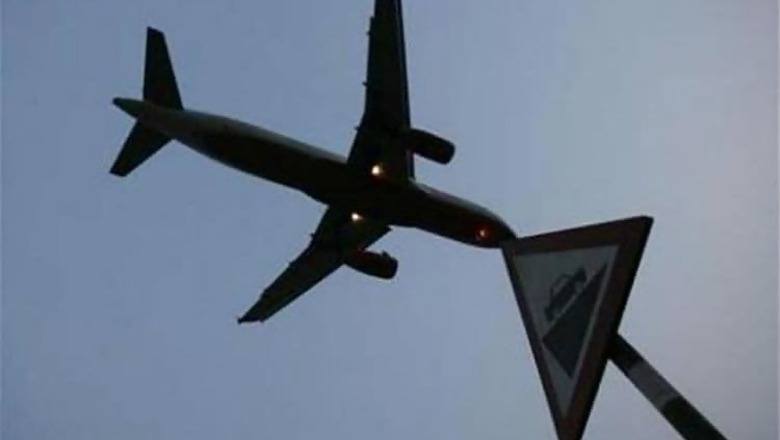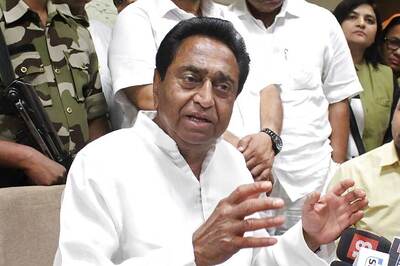
views
The Union Civil Aviation Ministry on Friday released a "dynamic" draft aviation policy that can "keep pace with the ever changing demands of the sector". The highlight of the draft policy was a Regional Connectivity Scheme (RCS), under which the airfare has been capped at Rs 2500 per passenger for a one-hour flight.
However, the Rs 2500 cap for one hour doesn’t specify if the limit is on the schedule timing of flight or the on-air time.
According to a ministry release, the scheme will come into effect from April 1, 2016.
While the government has put a cap on the airfare, it has also mentioned the ways by which the cost can be compensated for the stakeholders. The most significant of the steps to be taken, as per the draft policy, is a levy of 2% on all domestic and international tickets on all routes.
In addition to this, it has been proposed that the state governments will provide free land and multi-modal hinterland connectivity. The state governments will also be required to provide concessional rates of power, water and other utilities. Also, they would be required to impose VAT on ATF 1% or less on airports coming under the regional connectivity scheme. The excise duty on ATF drawn by SCAs from RCS airports will also be exempted. The draft policy also talks about looking at cost effective security solutions.
The draft policy further talks about building no-frills airports at a cost of Rs 50 crore. Pointing that at least 75 out of 476 airstrips and airports have scheduled operations, the ministry has called for revival of the rest on the basis of demand.
It also mentions that the Viability Gap Funding (VGF) for scheduled commuter airlines will be shared between the Centre and the states in 80:20 ratio.
Presenting the revised draft national aviation policy, Civil Aviation Secretary RN Choubey said the ministry has proposed 2 per cent levy on all domestic and international tickets for regional connectivity scheme.
"The government expects about Rs 1,500 crore annually from charging 2 per cent levy " Choubey added. The policy has mooted various measures to boost regional connectivity including setting up of no-frills airports and providing viability gap funding for airlines.
However, the government has decided to seek more comments from stakeholders before taking a final call on 5/20 norms -- whereby local airlines can fly overseas only when they have five years operational experience and at least a fleet of 20 aircraft.
The policy has now mooted three options -- abolish the norm completely, continue with it or link overseas flying rights with domestic flying credits.
The draft also makes reference to use of helicopters. It says, "Government will support growth of helicopters for remote area connectivity, intra-city movement, tourism, law enforcement, disaster relief, medical evacuation, etc."



















Comments
0 comment